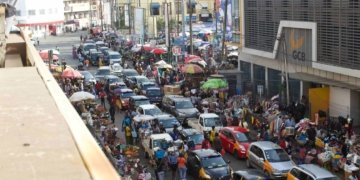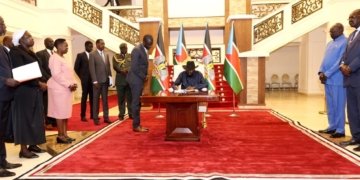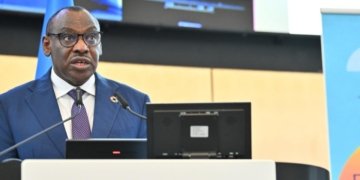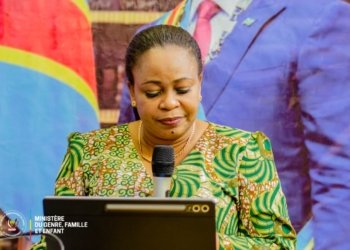LIBREVILLE – Gabon has set January 1, 2029, as the official deadline to end the export of raw manganese, aiming to boost domestic processing and industrial growth.
The decision, announced by President Brice Clotaire Oligui Nguema during the May 30 Council of Ministers, marks a shift in the country’s economic direction.
As the world’s second-largest producer of manganese, Gabon plans to keep more value from the mineral within its borders.
The initiative promotes local processing, workforce development and expansion of technological production lines.
A three-year transition period will give companies time to invest in local infrastructure, according to a government communiqué.
This timeline is designed to support a steady move toward domestic transformation while maintaining industry momentum.
President Oligui Nguema called for full use of national resources to strengthen the economy.
He asked the government to encourage industrial investment, expand training programs and improve energy infrastructure to meet future demand.
The policy is expected to increase public revenue, support job creation and enhance Gabon’s role in the global mineral supply chain.
The Council of Ministers also reviewed plans for investment funds, credit lines for industrial projects, and tax incentives to accelerate development.
Programs will prepare workers for roles in the evolving industrial sector.
The same communiqué included another measure that sets January 1, 2027, as the date to end chicken imports.
The aim is to strengthen local poultry production, support agricultural growth and improve the trade balance.
The move is also expected to expand rural employment, improve food quality and create new opportunities across related sectors.
“To address urgent social needs, especially rising living costs and household purchasing power, the president directed the government to quickly establish a central agency to manage the supply of essential goods,” the communiqué said.
Both measures reflect a broader economic vision focused on local production, industrial capacity and long-term growth.
The government said it will follow a structured plan with specific goals and regular progress tracking.
President Oligui Nguema has directed the administration to carry out these reforms with support from both public and private sectors.


























